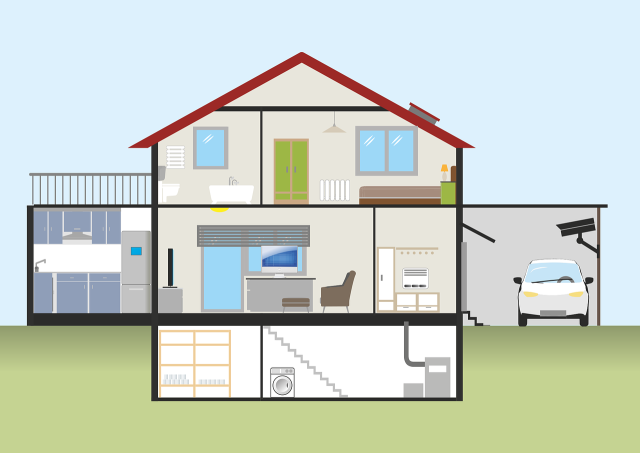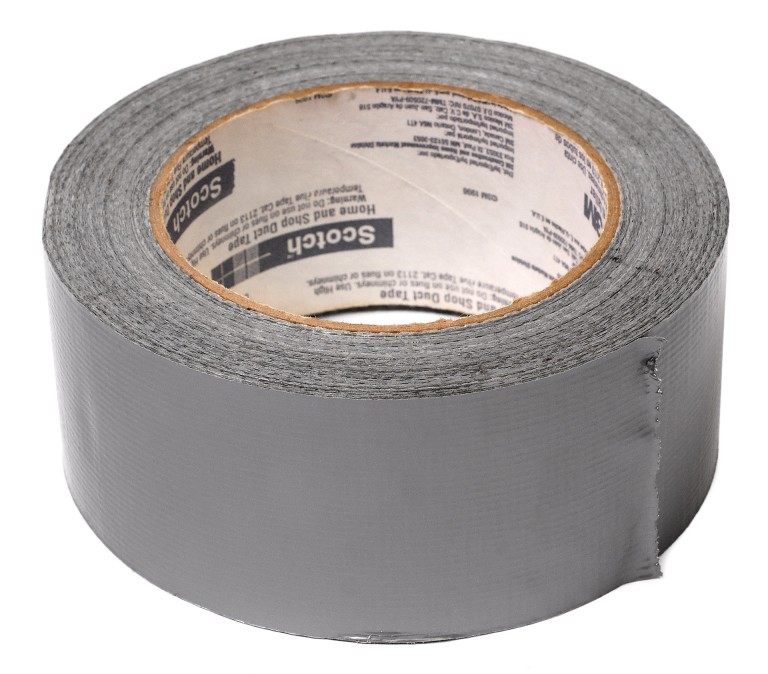
If you ask anyone shopping for a home service contract, “money” is what matters.
...money saved on repairs and replacements.
...money that won’t be wasted when it comes time to carefully hiring a selected home service technician.
...money that affords the homeowner a chance to save on the work those technicians perform.
But, money also equates to value.
Understanding the value of a home service contract also depends on the value of your home’s hardworking appliances, like the heating, ventilation, and air conditioning (HVAC) unit. This is why a well-insulated home is of utmost importance. Here's an easy checklist for HVAC preventative maintenance:
1. Leak-Proof Your Home
Even with the shiniest, most expensive, and warranty-covered HVAC system, if a home is lacking in insulation, the HVAC won’t be able to do its job well.
A poorly insulated home will always be leaking.
The flip-side? A properly sealed and insulated home can improve room comfort, boost air quality, and eliminate leaks, all while saving you money on your utility bills.
When it comes to HVAC systems and HVAC maintenance, there are two things at stake.
1. Quality
What’s the quality of the system? Is it in working order with the potential to power the HVAC needs of the home for years to come?
2. Care and Maintenance
As the homeowner, are you aware of the proper care and protocols to avoid system and appliance breakdown?
Through every season, the air conditioning that comes into the house comes filtered through an air duct system. Properly sealed ducts means your home feels comfortable in the dead of winter and in the heat of summer. Not to mention increased energy efficiency! Unfortunately, most homes aren’t properly sealed. According to Energy Star, about 20 to 30 percent of the air that moves through the duct systems of a typical house is lost – whether from leaks, holes, or poorly connected ducts. HVAC maintenance can be cost-effective when it's dont properly.
2. Increase Insulation
Duct work is most often concealed in a home – within the walls, beneath the floor, or hidden in the attic. Duct sealing helps improve a home’s overall insulation. Suffering through high utility bills? Stuffy rooms? Leaky, torn, kinked, or disconnected ducts may be to blame. After finding the ducts, repairs can be tricky, but keep these common leak-prevention strategies in mind:
- Seal air leaks using mastic sealant or metal tape
- Never use duct tape. Duct tape will not endure the test of time.
- Check the connections and ensure a proper seal where vents and registers meet with the floor, wall, or ceiling
- Tightly seal ducts to registers and grills
- Insulate the ducts in the unfinished areas of the house, like an attic or the unfinished basement
- Kinked ducts will diminish airflow – straighten flexible ducts to improve the airflow of conditioned air
- Replace air filters consistently and depending on filter instructions
3. Proper Sealant
Comfort. Goodbye, stuffy rooms! Those too-hot-in-the-summer and too-cold-in-the-winter rooms of your house may be the by-product of leaky ducts. If conditioned air isn’t arriving where it should, simple duct work should do the trick.
Cash in on energy savings. Sealing up leaky ducts is an investment for the wasted energy that has been sneaking out...that you’ve been paying for.
Let’s talk air quality. What’s lurking in your dusty attic and musty crawlspaces? Pollutants you’d rather keep out of your guest bedroom and kitchen. Cracks and crevices in ducts let in particles, smells, and dust that can lead to allergies and aggravate asthma.
We hope our checklist for HVAC maintenance provided some quick, useful tips for you and your family. If you choose to practice DIY vent sealing, have a qualified home energy professional check your work. Local utility companies can assist with a home energy audit to detect and locate energy leaks as well.

![[Infographic] A Resources Guide for Homeowners](/uploads/blog/posts/featured/resources-guide-for-homeowners-infographic.jpg)
